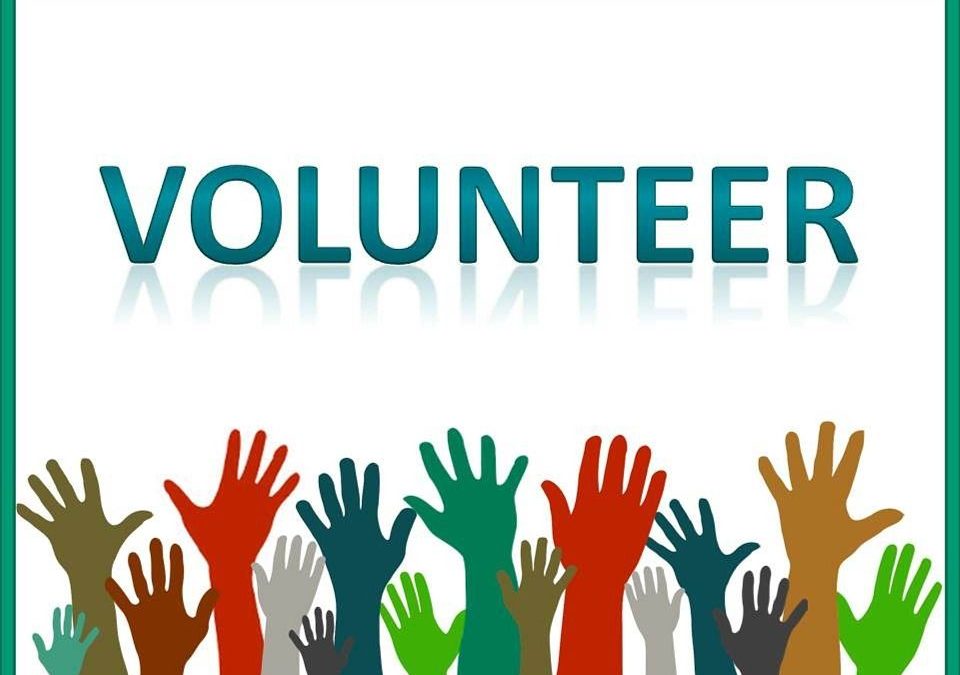Whether you are empathetic by nature or interested in lending a hand for the first time, charitable giving is an honorable habit to adopt. As put by the United Way, “the idea of helping is fulfilling to those who have the desire and drive to give of themselves for the betterment of humanity.”
Philanthropic efforts serve as an equalizing opportunity to the benevolent. Just about anyone can be a philanthropist–selflessness takes many forms. Sometimes, small-scale donations like holiday meals can brighten a family’s spirits at a time when they would otherwise feel exempt.
Regardless of how or why you plan to give back, here are some reasons why small-scale philanthropy is a wise decision.
Small scale efforts can reflect broad issues
Small-scale philanthropic scenarios are typically microcosms of larger issues plaguing society. A family in need of Christmas gifts can potentially reflect the horrors of mass poverty. A volunteer opportunity at a children’s cancer hospital can reflect the need for medical funding. By aiding others on a smaller scale, your actions could, in turn, strengthen awareness of broader topics and progress the conversation surrounding them. Your generosity could essentially serve as a much-needed catalyst.
Giving back is becoming easier
Thanks to social media and crowdfunding domains, aspiring philanthropists of all financial levels now have a larger variety of ways to help others. For instance, websites such as Razoo and Kickstarter make it easy to construct a fundraising initiative and expose it to a large audience of subsequent donors. Furthermore, Facebook and Twitter make it possible to quickly spread awareness about charitable events taking place on a specific date. The amount of required effort is usually an overlooked variable in the eyes of the benevolent, but it is nice to know that the modern digital landscape has made these efforts easier to approach.
Philanthropy is becoming the norm in the US
Millennials are projected to make up about 50 percent of the United States workforce by 2020, and they total around 80 million in the US alone (NPT). Almost 85 percent of them donated to charity in 2014 and 70 percent volunteered. Therefore, as millennials continue to occupy a large portion of the country’s population, it is safe to assume–by means of a rhetorical syllogism–that philanthropy itself is on the rise. However, it does not matter when you were born–philanthropy in general now serves as a chance to be part of a progressive way of living and thinking.
The neurological and emotional benefits
Philanthropy can obviously have a profound emotional impact on those receiving donations, but it can similarly influence donors as well. According to the Vancouver Sun, “the act of giving can release dopamine–a powerful neurotransmitter–into the body of the donor.” Dopamine influences the reward and pleasure centres of the brain. Put simply–giving feels good.

